Why Metal Gear Survive is the safest of Konami's potentially bad decisions – and six riskier alternatives
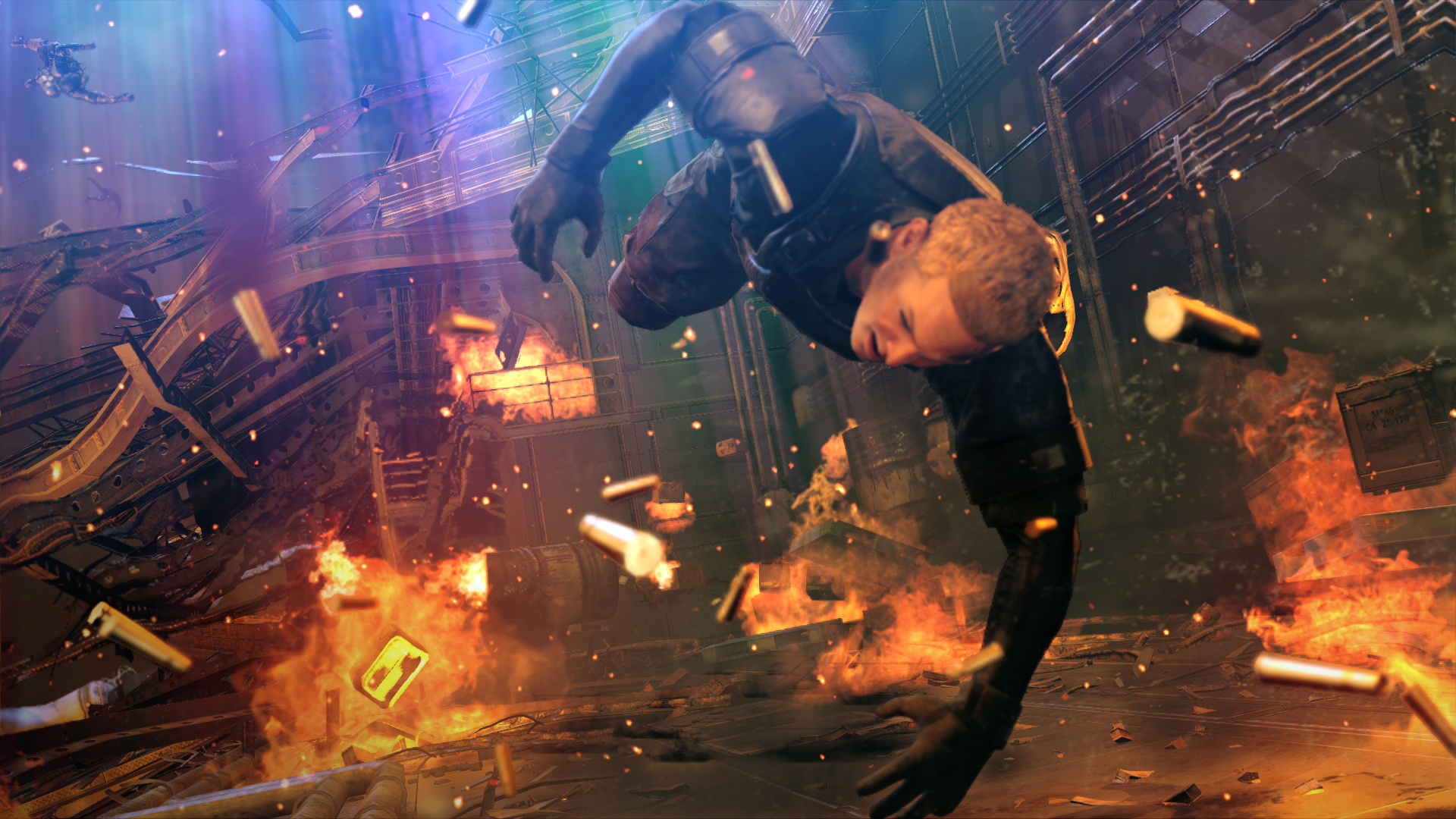
I’m not angry, just bewildered. This isn't a rant about why I love or hate Metal Gear Survive (in any case, the internet has you covered), but rather an interpretation of why Konami decided to resurrect the series in this fashion… and how every scenario was, ultimately, going to play out with howls of derision.
So what is Metal Gear Survive? It’s a 4-player stealth / action co-op game set directly after Metal Gear Solid: Ground Zeroes, where the surviving members of the Militaires Sans Frontières military unit get sucked into an alternate dimension through a wormhole, and forced to fight ‘biological threats’ (Konami aren’t calling them Zombies), plus metal gear mech(s).
It is, of course, completely preposterous, and that’s by the standards of a series where we’ve seen a Russian triple agent who makes ‘meow’ noises to mobilise his troops attempt to take over the world after his consciousness is overtaken by the severed arm of the protagonist’s cloned brother… who isn’t really under the arm’s control in any case, but playing out a 50 year long-con.
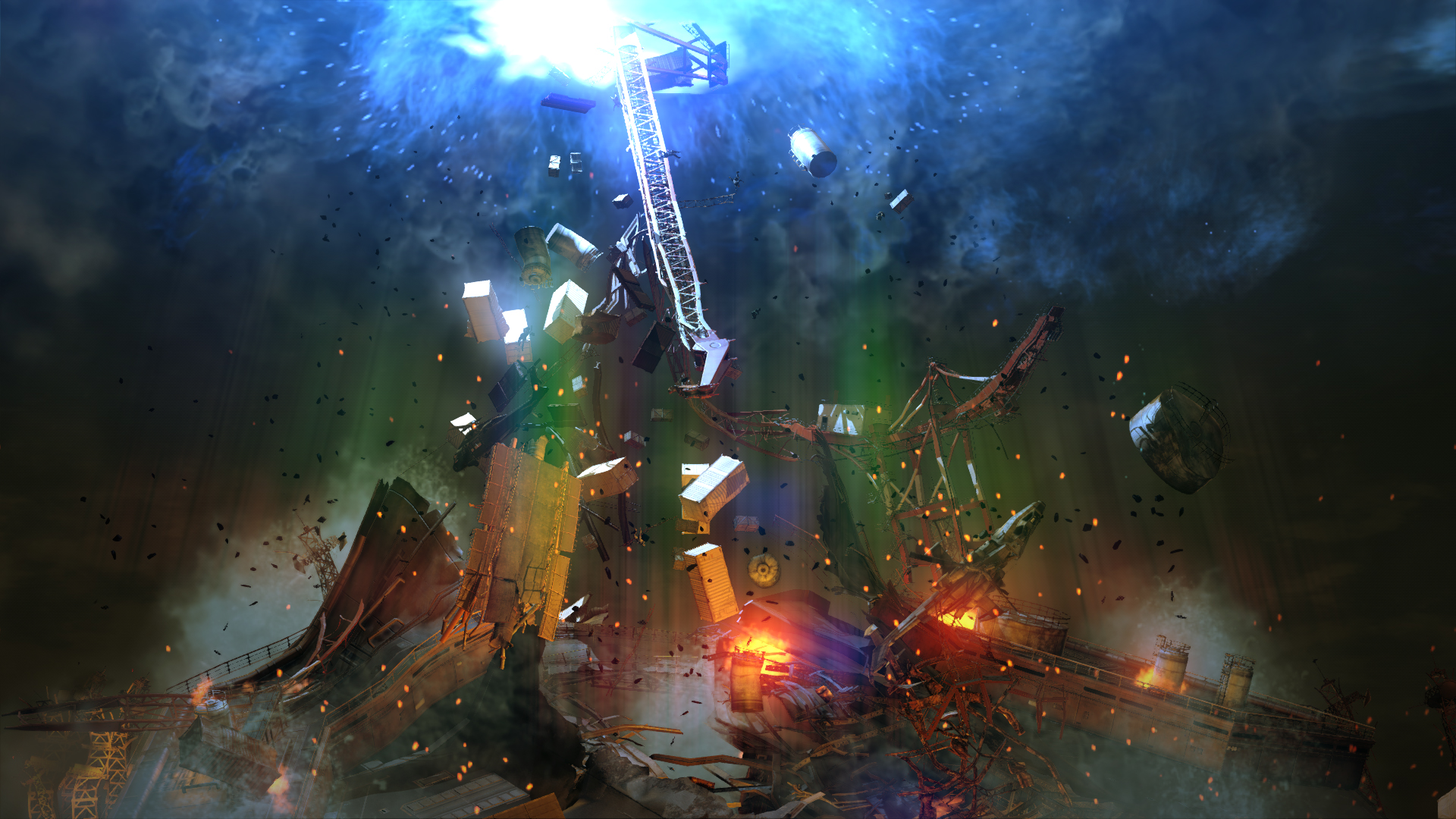
Metal Gear Survive is, bluntly, a business model straddling the thorny trail of a divided fan community: an MGS fanbase torn between its love and hate of Hideo Kojima's critically-acclaimed but debatably 'unfinished' Metal Gear Solid V: The Phantom Pain. Tougher yet for Konami, it's a fan community that's largely united in its derision for the company who own the ongoing rights to the Metal Gear Solid series. Bottom line: whatever Konami did once Hideo Kojima had departed the Metal Gear franchise was going to spark outrage, and it might just be that Metal Gear Survive is the safest of the bad decisions they could have made.
As a business model, Metal Gear Survive is an online co-op franchise extension, that aims to ape the gameplay formula and (varying) commercial success of games like Monster Hunter, The Division and Left 4 Dead. Others have made withering comparisons to Capcom's ill-feted Umbrella Corps, but the huge caveat here is that Konami's game might actually be good. No one has played it yet, and it might be the case that a lot of the developers who worked on MGSV are still at Konami – including notables such as veteran series programmer / producer Yuji Korekado – since Kojima has recruited relatively few people for his new studio that are working on PS4's upcoming Death Stranding.
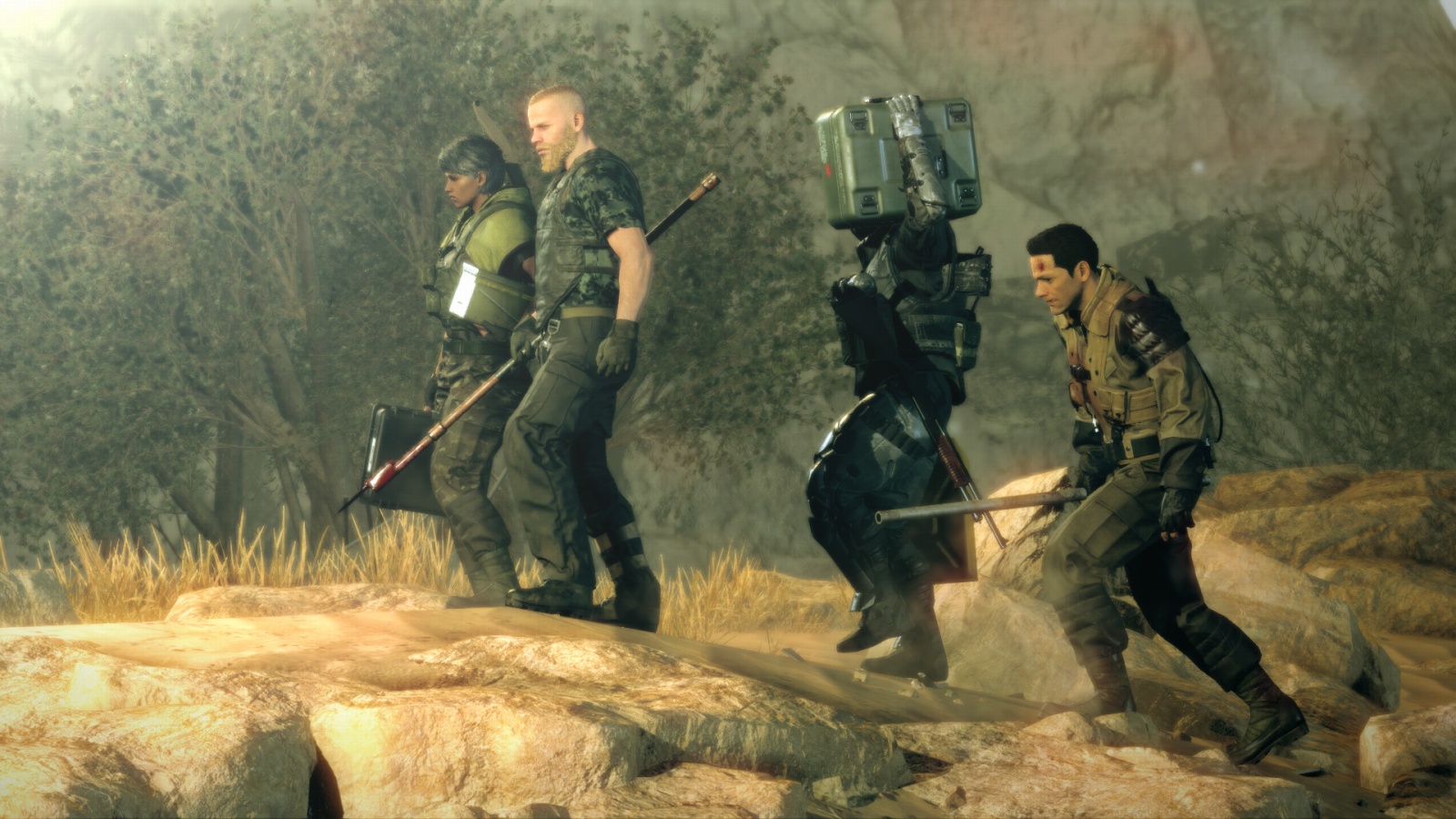
To speculate further, Metal Gear Survive has the hallmarks of an online-focused, social game, built to encourage team-play, with a dip-in, dip-out structure, incentivised by persistent stat-building. Destiny has a lot to answer for, but does represent the game structure that is perhaps most in-tune with way people juggle the desire for deeper game experiences with their, often busy, lifestyles. It's also likely MG Survive will act as a vehicle for micro-transactions, though this isn't confirmed.
However, this isn't a rant about online payments or DLC, which are a perfectly viable way to support the shuddering economics of AAA game development, even if there is a difference between paying for items that 'accelerate' your experience, versus those that partition a community.
Weekly digests, tales from the communities you love, and more
MGSV experimented with micro-transactions in both its main FOB component (including the controversial base 'insurance' payment) and its separate Metal Gear Online mode. Community reactions were split, but most report that the micro-transactions were never enforced, mostly acting as a way to accelerate base development.
@DanDawkins Played lots of it. Never hit a paywall. Always seemed to have enough coins with the daily sign in rewards.August 17, 2016
@DanDawkins Hardly at all. Bought some MB coins to build extra FOBs and get extra costumes, but it was more for fun than to be competitive.August 17, 2016
@DanDawkins played both ages MB coins required to get 2nd 3rd and 4th base were given away free at random times so often never needed to buyAugust 17, 2016
Micro-transactions do raise a slightly more ironic query within the context of MGSV's themes:
@DanDawkins But TPP is all about the absurdity of the war economy. It's (horribly) fitting that microtransactions impact the experience. 2/2August 17, 2016
In any case, Konami sometimes gave away free coins to incentivise regular players. So while it seems legitimate to expect micro-transactions in Metal Gear Survive, it's unfair to see the game as a 'cash in' – not on that score.
So, that's it: Konami's latest is A Very Modern Online Co-Op Shooter, designed to deliver a sustainable revenue model. Hey – it's almost as if they're a business, unlike all those other games publishers. However, in terms of a deeper analysis of what this game is about, or how it links to the wider MGS series… then the conversation stops there. Mentally, I stop there. I just don't care what it has to say, and despite all the fan clamour for MGSV's 'phantom' act-three-that-never-was, it doesn't seem important whether the series continues its narrative arc or not.
That's not to say it couldn't be resurrected as something wonderful, under a new creative direction… but it's no longer Hideo Kojima's series, and this definitely isn't an attempt to 'correct' his story. If anything, it's an anti-narrative: a game set in a different universe, designed to leave no imprint on the world from which it was spawned.
So, how might Konami have played this differently? Let's consider some alternatives, each riddled with risks and uncertainties.
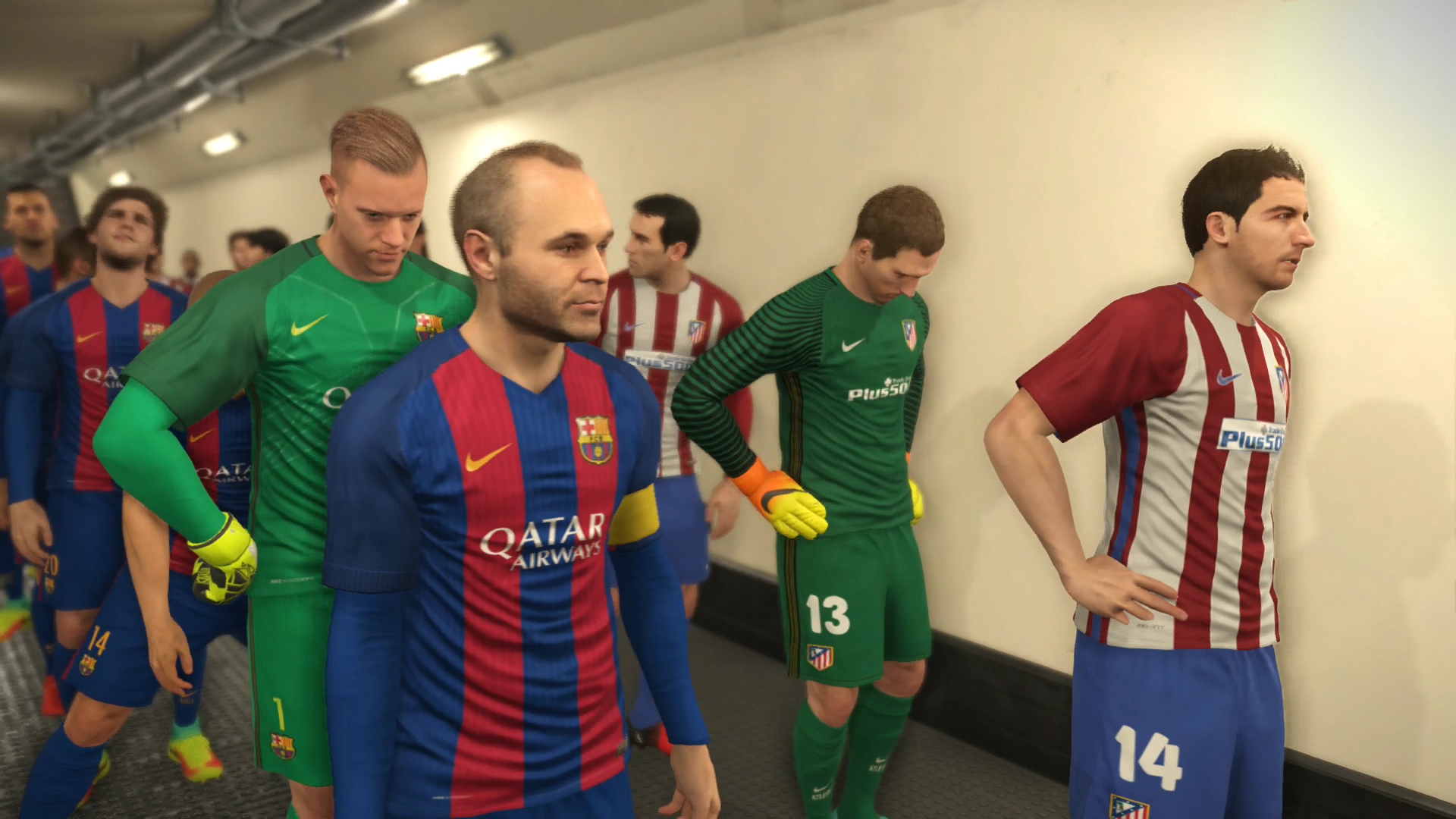
1) Do nothing at all and never make Metal Gear games again
Essentially, this is what most people thought Konami were doing, based on press rumours and limited evidence. This assumption fuels the 'Fuck Konami' meme, where the publisher was believed to be making Pachinko games and, er, Pro Evolution Soccer games for all time.
Pros: No one moans about you (i.e Konami) ruining Metal Gear
Cons: Everyone moans that you've killed Metal Gear, and the company forfeits the right to monetise an established franchise of vibrant characters with good brand recognition.
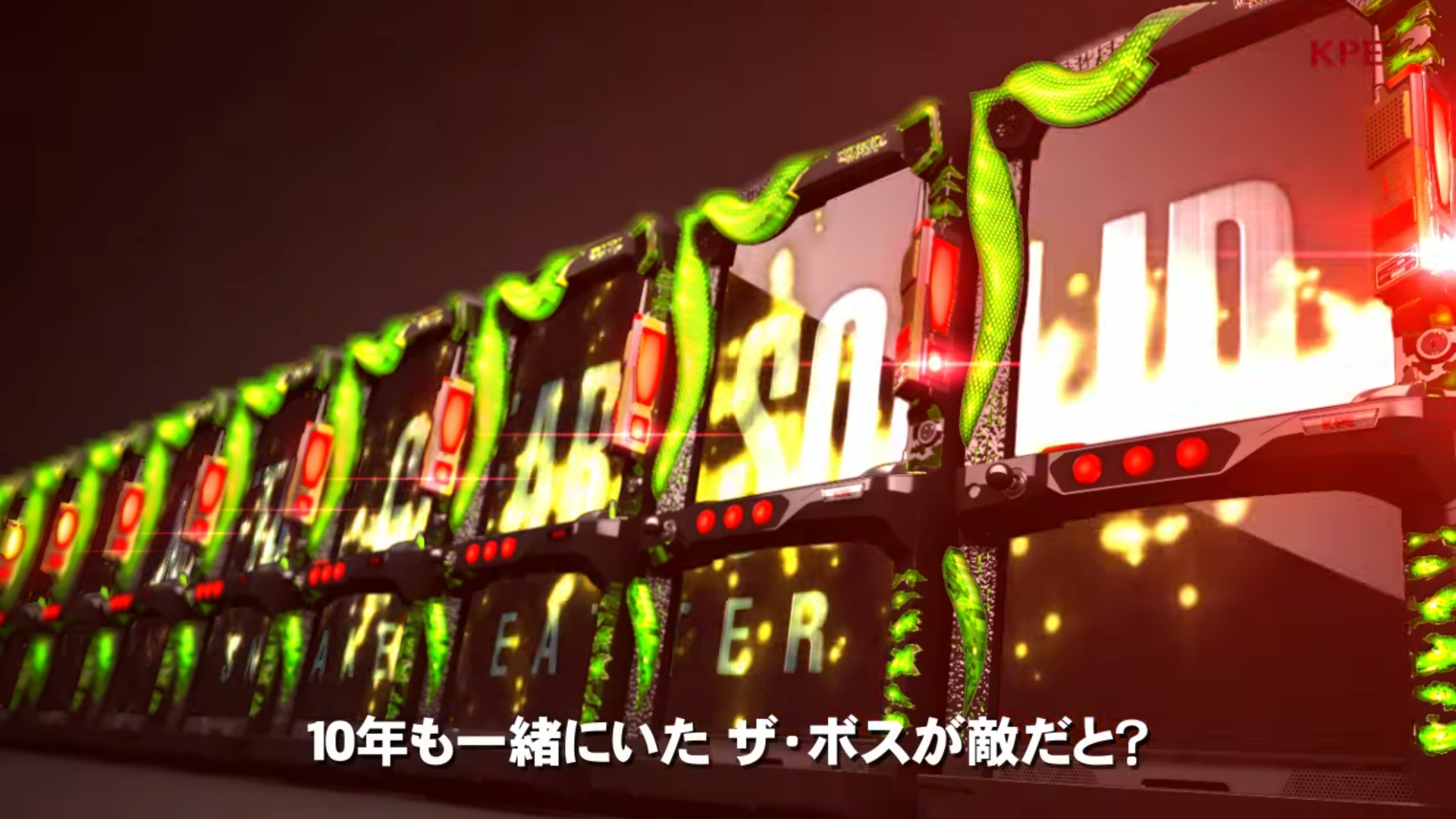
2) Only make Metal Gear Solid pachinko games
Again, this is what some people thought Konami were doing, after the world pretended to be horrified about the Metal Gear Solid 3: Snake Eater pachinko game, as if it had entered their homes, snapped their MGS3 game discs and erased the player's memory of Kojima's opus, before returning to making utterly sumptuous HD remakes of the original cut-scenes. In all honesty, I think the inconsequential existence of a multi-ball version of one of the best games of all time is a small price to pay, for this evocative remodelling of The Boss which, frankly, makes me want to weep happy tears (and pray for a proper remastering of MGS3, which we'll get to shortly).
Pros: Pachinko moneez are good for bu$iness, and the world at least gets to see some attractive remastered cut-scenes
Cons: You're accused of rinsing one of the world's most-beloved franchises, one ball at a time, of which there are hundreds.

3) Re-instate the fabled 'lost' Chapter 3 of MGSV and give fans the ending they 'deserve'
Konami could've turned the 'missing' Chapter 51, subtitled Kingdom of the Flies, which was included on the MGSV bonus disc as an unfinished cut-scene with storyboards, into a fully interactive game. They could've coloured-in the glaring logic and narrative gaps in MGSV's Act 2, in order to make the story fully coherent – which is either a) because MGSV is clearly unfinished, after Konami forced Kojima to rush the game out under duress, or b) since MGSV is a nuanced, allegorical, critique of our lust for completeness and validation; representing a form of interactive mid-life crisis simulator, which examines what happens to a person when their life's goal is 'complete' (as happens at the end of MGSV's Act 1), leaving them to plough on like a soul-less sub-routine, examining the nature of what's really important in life. Or, y'know, something in between.
I mean, the latter reading sounds preposterous, but if you consider how hard MGSV works to establish a mantric structure (like a working day, where one mission / helicopter journey blends into the next), and when you consider that MGSV's Act 2 is *spoilers* entirely about loss (loss of 'family', loss of professional legacy, loss of a loved one… and the eventual loss of your own identity) *spoilers end*, then you can make a case for how it is an examination of the constructs that give life meaning, and what drives us to carry on once those things are lost. It's almost as if Hideo Kojima, a man in his early 50s, who's worked on the same game series for 28 years – but knew he was about to lose control of his life's work – was trying to say something.
Or it's unfinished.
Pros: A vocal proportion of the MGSV fan community would finally get what they want and – heaven forbid – it might even be a good game.
Cons: Attempting to conclude Hideo Kojima's legacy without Hideo Kojima might prove a touch divisive, and it's entirely possible the game wasn't meant to be definitely concluded in any case.
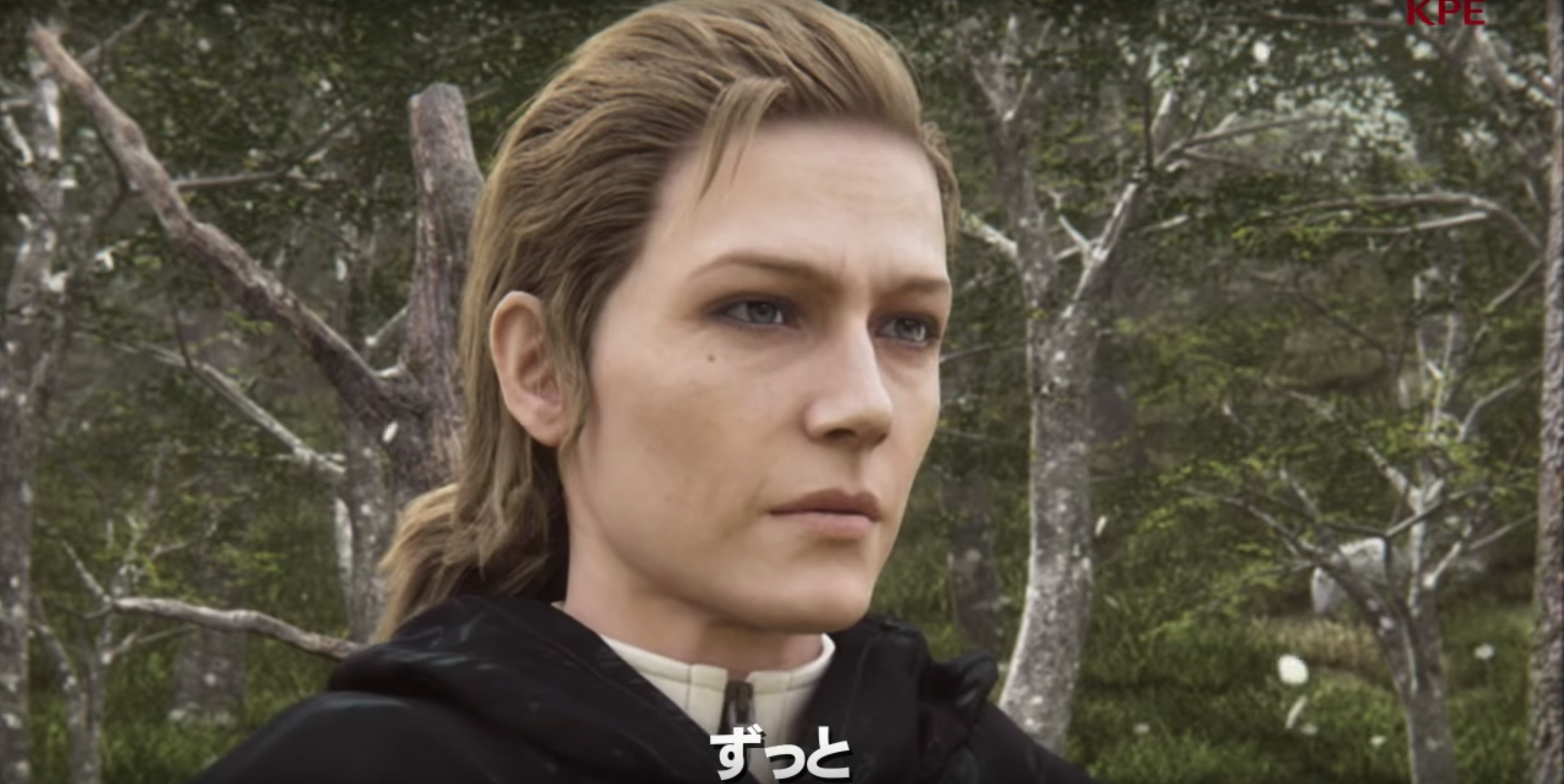
4) Make the game about The Boss set in WWII with the Cobra Unit that Hideo Kojima once talked about
It's as it sounds: Hideo Kojima once suggested he'd like to make an MGS prequel set in WWII starring The Boss and the Cobra Unit from MGS3, where you play an alternate version of the Normandy landings. It sounds incredible, since the The Boss is, arguably, one of the strongest female leads in any video-game, plus you could explore the foundations of her relationship with The Sorrow. Not to mention, the sheer fun of controlling the maniac Cobra unit through such an intense battle scenario.
Pros: Fans would be forced to conceded they were excited, and couldn't complain that Kojima wouldn't approve. Konami would deserve massive kudos for being daring enough to cast a strong female protagonist. Unusual setting, evocative characters… could be a real critical darling.
Cons: Given that the idea was proposed – and rejected – as a setting for MGS4, what are the odds of Konami (given the 5-year-development cycle and rumoured $80m+ expense of MGS5), approving a technically-challenging action epic helmed by a middle-aged woman, set in World War 2, who's in love with a grumpy, balding, spirit medium? Slim, I'd wager. But you live in hope.
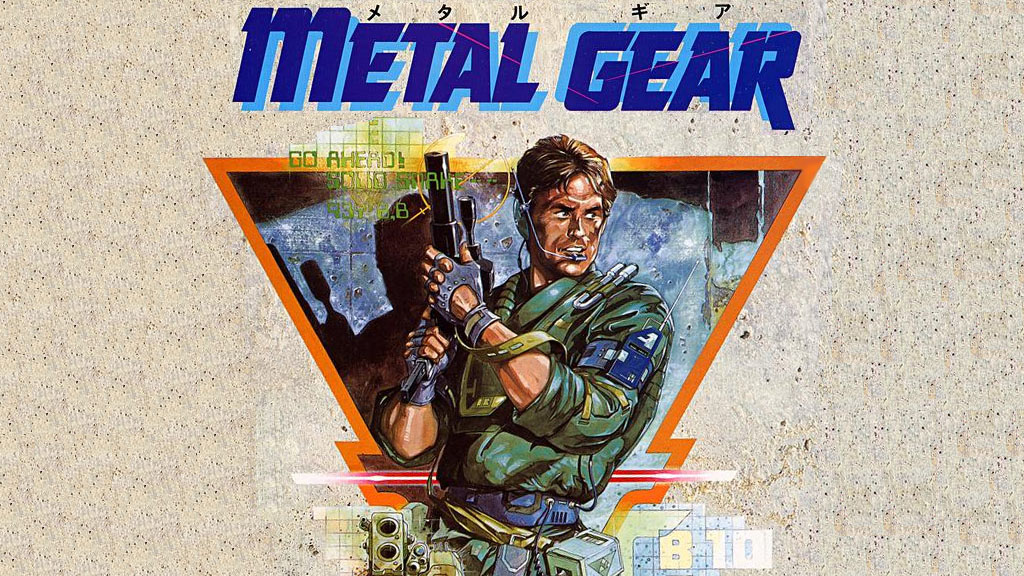
5) Remake the original 1987 MSX original Metal Gear using the MGSV engine
This was the obvious decision. The good decision. MGSV always threatened to go full circle on the MGS series' lore, and allow you to play as a young Solid Snake on his first mission, told to take down the 'evil' Big Boss, as chronicled in Hideo Kojima's series' debut Metal Gear on MSX in 1987. Just imagine it: you spend 70-100 hours building up your Outer Heaven base in MGSV… only for the game's conclusion to see you play as Big Boss' 'son' Solid Snake, whose mission is to tear down all your hard work.
Naturally, this isn't what Konami are doing. Not now at least. MGSV does make a subtle nod to the events of Metal Gear in its conclusion (including a subtle, but context-changing, nod with its Operation Intrude n313 cassette), but it does seem a shame we didn't get to play as a young Solid Snake.
Pros: No risk in destroying Kojima's MGS canon or its legacy, since the plot is already is place. Less strain on asset creation and character design, since the key settings and players are set in lore. No risk of 'betraying' Metal Gear from a gameplay perspective, since Metal Gear a graphically-limited, 2D hide-and-seek game, ripe for reinvention. Playing as Solid Snake. Would feel like a 'proper' ending for MGSV.
Cons: Er… would definitely require more respectful re-engineering on Konami's part (the game is sacred to many MGS fans), creating a larger development cycle than MG: Survive (potentially), plus allows for less creative freedom.
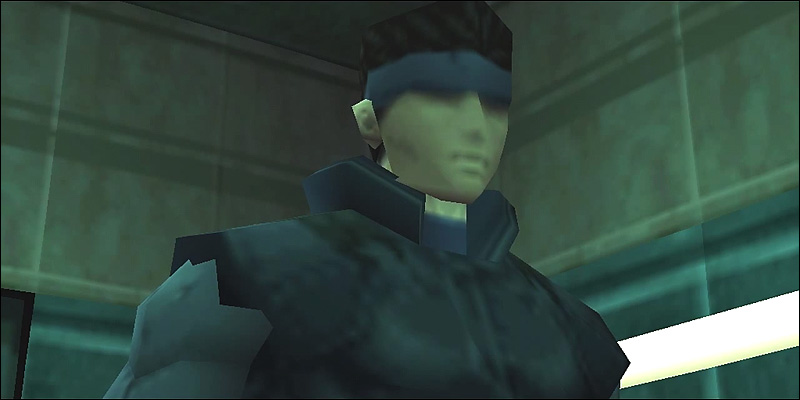
6) Begin the process of remaking every core MGS game using FoxEngine, based on the principles of MGSV
Let's be frank: there's a fair chance this might happen one day. Just look at this Fall's biggest PS4 releases: BioShock Remastered, Skyrim HD, Resident Evil 4 on PS4 (its umpteenth re-release)… there's a clear business case for updating classic games. It's tempting to look at the re-mastered MGS3 cut-scenes in the recent Pachinko game release, and just imagine that extrapolated to a full experience, working through titles such as MGS, MGS2, MGS3, and MGS4.
Pros: Respectful of legacy, core content in place, established fanbase, large brand recognition.
Cons: Fairly intense development, older MGS games control system's unlikely to work when 'lifted' direct into FoxEngine, players will expect the flexibility of MGSV, which may require a re-work of original design and systems.
That's just some of the more viable ideas, and not including more drastic options like re-booting the series under a new director (an approach much-loved by Hollywood), or setting up a new story arc after the events of MGS4 (possibly discounting the events of MG: Rising Revengeance).
So, what do I think of Metal Gear Survive? Let's be honest, it looks fairly ridiculous, but – if pushed – you could point out that wormholes have a precedent in MGS canon (due to the Fulton balloon Wormhole upgrade available after 70-100 hours play in MGSV) , and that the game could be used as a clever way to justify MGSV's whole *spoilers* hero-swap twist, or explain some of the weird visual inconsistencies when the real Big Boss returns in the final scenes *spoilers end*. At minimum, it could do a better job of explaining the Skulls unit, or those 'lost' mother base soliders from the side-ops (which are sort-of explained anyway).
Hey, it'll most likely be a good (possibly great) game, that just so happens to be about Metal Gear – and that's entirely the point. Of all the people who bought MGSV, or could recognise the 'Metal Gear' brand, I wonder how many could explain the intricacies of the La-Li-Lu-Le-Lo? Or how many went to NeoGAF to decode the negative space formation of the words 'Metal Gear Solid V' within The Phantom Pain logo, back when it was launched as a 'fake' game? Or how many tuned into the GDC conference live-stream where Hideo Kojima emerged wearing a Joakim Mogren bandage mask?
My guess is: quite a surprising number of people, but far from the majority of those who bought MGSV, and it's this latter demographic who will ultimately control the future of one of the most cherished game franchises of all time. Ironically, they're the PMCs of Metal Gear Solid 4, the FPS fans trained to follow the rules, or in a capitalist system, the core consumers. If you, playfully, equate Konami's (sensible) business frameworks to the Patriots' AI network, these are twin parties in control of Metal Gear's future – casting Hideo Kojima, the maverick, iconic, emblem of auteur-led development, as Big Boss. Which, for those who care about the MGS series' underlying philosophical friction – of systems of control versus individual free will – at least feels satisfyingly poetic, however much it hurts.
FGS Content Director. Former GamesRadar+ EIC, GTAVoclock host, and PSM3 editor; with - *counts on fingers and toes* - 20 years editorial experience. Loves: spreadsheets, Hideo Kojima and GTA.



